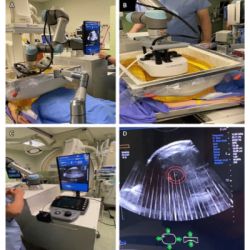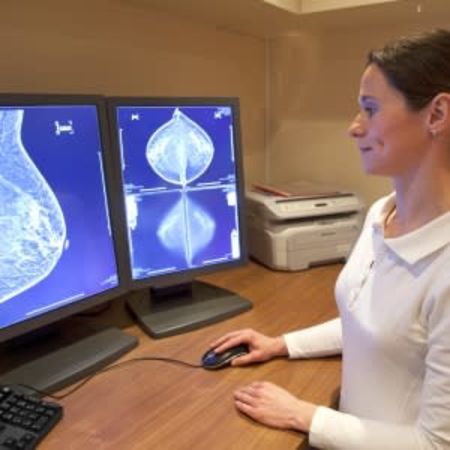A groundbreaking AI tool developed by Kherion Medical Technologies and Imperial College London, known as Mia, has demonstrated the ability to detect up to 13% more breast cancers than humans in breast screenings. Researchers have found that Mia has the potential to improve breast cancer screening by detecting potentially cancerous tissue that human readers may overlook.
During the study, which took place in Hungary, mammograms are analysed by two radiologists. Based on whether they suspect cancerous tissue, they will decide whether the patient needs to be recalled.
The researchers employed the AI tool as an additional ‘reader’ for the mammograms conducted on 25,065 women across four screening sites in Hungary from 2021 to 2023. Initially, the mammograms were studied by two radiologists. Subsequently the images were processed by Mia, the AI tool, which identified potential false negatives to a third human reader, who made the final decision on whether to recall the respective woman.
The study was conducted over three phases, during which the AI reader found 24 more cancers compared to the standard human reading, representing a 7% relative increase. This resulted in the recall of 70 more women, indicating a 0.28% relative increase.
Among the supplementary recalls, there were 6 additional cancers identified during the initial pilot, 13 in the extended pilot, and 11 in the live use phase. This resulted in a relative increase in the cancer detection rate of 13%, 10%, and 5%, respectively.
In real clinical practice, Mia detected additional cancers, including 83% of these which were invasive. This demonstrates that Mia’s capability to identify cancers at a stage where early detection is crucial.
Study co-author Dr Ben Glocker from Imperial’s Department of Computing, said, “These results have exceeded our expectations. Our study shows that using AI can act as an effective safety net – a tool to prevent subtler signs of cancer falling through the cracks”.
Recognising the enormous benefits this tool could bring to women, researchers are working on methodologies to ensure the safe deployment and continuous monitoring of the AI tool. This is to a support roll-out of the technology in both the UK and the U.S.
Source: Imperial College London
Image Source: iStock



























